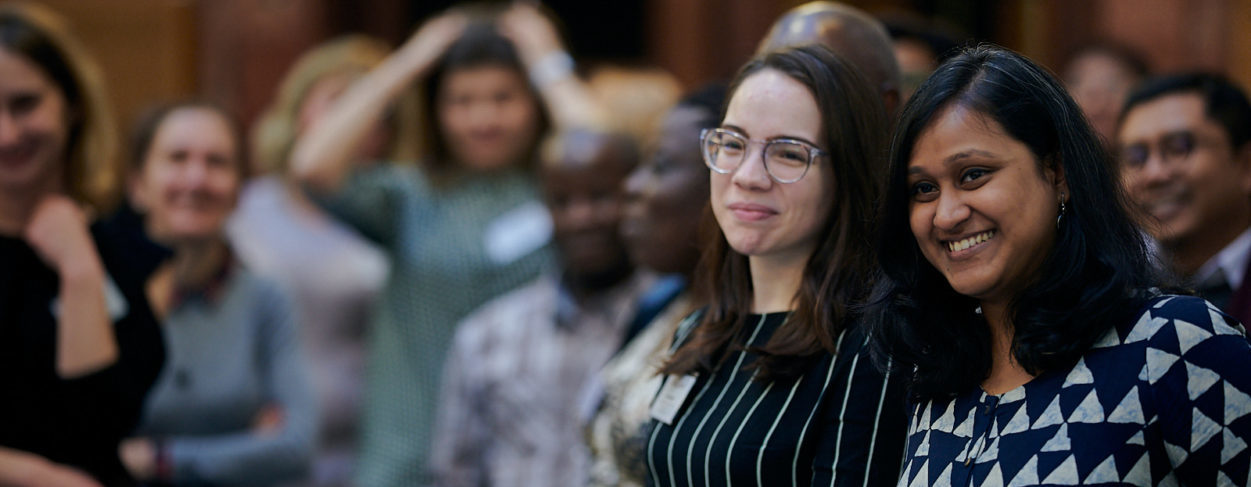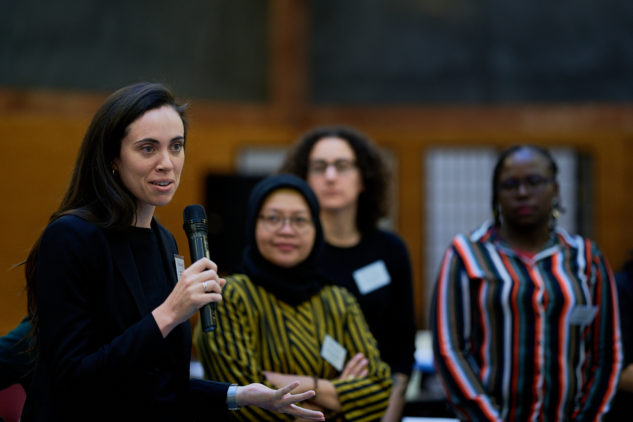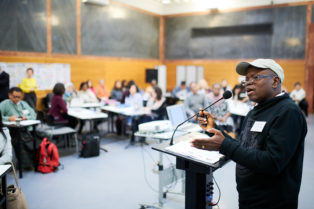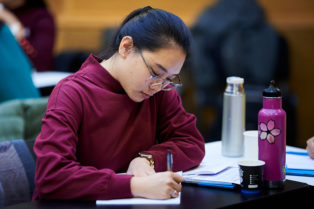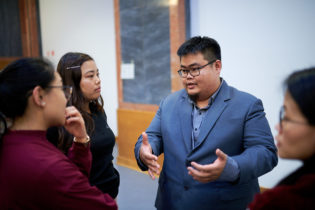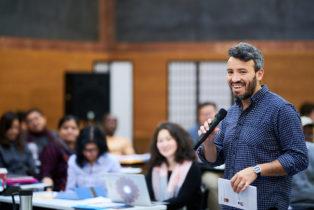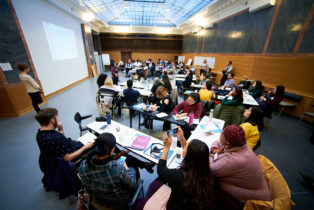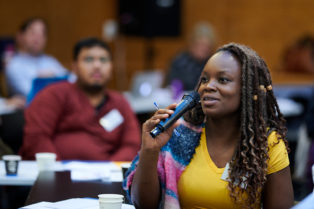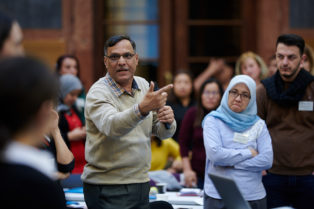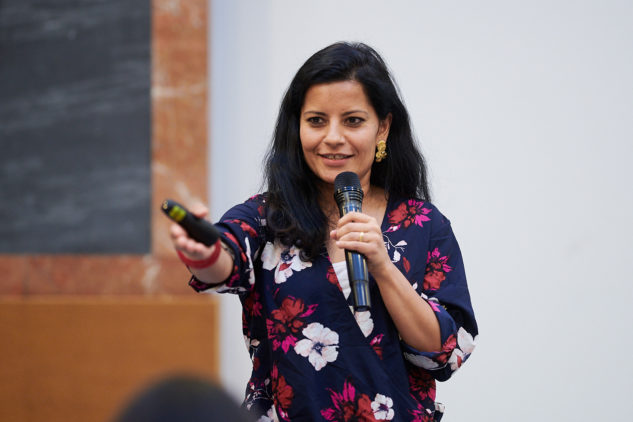“It was cold outside but it was warm in there. This course’s concept is a unique way of learning and a rare opportunity for face-to-face sharing experiences with peers from around the world, each and everyone of them experts and heroes in their own unique way. Thank you all for this unforgettable journey and the inspiration for future work.”
Vesna Shapkoski
Association for Legal Education and Transparency (LET Station), Macedonia
“It was truly inspiring to be in a room filled with brilliant minds and great hearts. I found that the combination of resources, people, topics and participants meshed perfectly and I cannot emphasize how amazed I was of how the team put everything together. In this line of work, learning never seems to end. And I appreciate the opportunity to have met and learned from these wonderful people. They will be a constant reminder to keep fighting the good fight.”
Fae Marie Bordey
Alternative Law Groups (ALG), Philippines
From December 1 to December 6 the “5th Legal Empowerment Leadership Course” took place in Budapest, Hungary.
Held in partnership with Central European University, Open Society Justice Initiative, and Robert L. Bernstein Institute for Human Rights at New York University School of Law, the course brings together outstanding practitioners, researchers, and government officials from all over the world. Our goal is to cultivate a global cadre of leaders who are committed to legal empowerment and connected with each other.
55 Participants from 28 different countries identified a concrete challenge, growth opportunity or research question before the course, and then developed an action plan during the course with the help of co-participants and faculty.
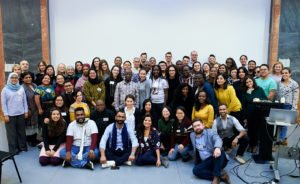
You can read a summary of the 2019 Leadership Course on our online forum.
The course featured a comparative exploration of common themes across three case studies and four cross-cutting sessions. Themes included legal empowerment methods; training, supervision of frontline staff; learning and evaluation; data collection and analysis; financial sustainability; and pathways to scale.
Case Studies
The paralegal movement in the Philippines
How the movement of community-based paralegals have adapted and innovated over the decades, to bring about large-scale change in the Philippines.
Legal empowerment, land rights and environmental justice
This session focuses on legal empowerment programs that work with communities for the defense of land rights and the pursuit of environmental justice advocacy.
Legal empowerment and gender equality
How women-led organizations comprised of grassroots advocates, lawyers, and activists have adopted legal empowerment strategies to advance women’s rights and gender equality advocacy.
Cross-cutting Sessions
Session I
Introduction to legal empowerment. This introductory session explores what we mean by legal empowerment. It addresses basic concepts, history, and philosophy. The session offers a vocabulary and a set of questions that are referenced throughout the course.
Session II
Legal empowerment, organizing and social movements. This session explores how legal empowerment groups combine strategic litigation and legal services with community organizing, and how paralegals and legal empowerment practitioners constitute an essential part of social movements.
Session III
Community-driven data collection and analysis for advocacy. This session examines how grassroots advocates, lawyers, and activists have designed community-led data collection projects to define and generate data that reflects their realities, and how this data is essential to human rights advocacy.
Session IV
Paralegal recognition, regulation and sustainability. This session examines advantages and disadvantages of government recognition, regulation and public and non-public financing of the work of paralegals based on policies and experiences of different countries.

